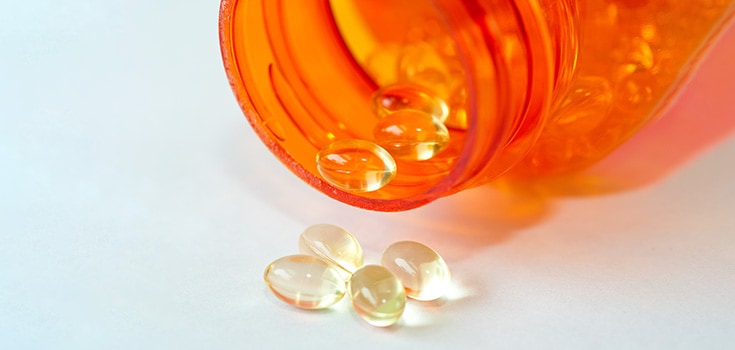Feeling Depressed? You Probably Have Low Vitamin D Levels

Yet another study has come out recently showing a link between a vitamin D deficiency and increased feelings of depression. But, the specifics are still a bit shaky, according to researchers. What we know is that lower vitamin D levels are associated with an increase in depressive symptoms. What we don’t know is which came first—it’s the proverbial chicken vs. egg debate.
In this most recent study, researchers looked at 12,600 study participants and collected their information between 2006 and 2010.
High levels of vitamin D corresponded with a decreased risk of current depression, whereas low vitamin D levels were associated with an increased incidence of depression—the link was particularly marked in people with a history of depression.
“Our findings suggest that screening for vitamin D levels in depressed patients—and perhaps screening for depression in people with low vitamin D levels—might be useful,” said Dr. E. Sherwood Brown, professor of psychiatry at the University of Texas Southwestern Medical Center and lead researcher in the study.
While the researchers aren’t sure if the depression or vitamin D deficiency came first, it is safe to say, based on past research, that the vitamin D deficiency is partly the cause. One recent analysis found that women who received more vitamin D naturally from food sources had a lower incidence of depression.
The connection can especially be seen during the winter months, a time when depression strikes hard, and when the sun features less prominently, reducing your body’s ability to naturally synthesize the essential vitamin D. In other words, less sunlight equals less vitamin D, which leads to a negative impact on physical and mental health.
To naturally increase your vitamin D levels, spend more time exposing yourself to nature’s sunshine. Depending on your skin hue, anywhere from 10 minutes (light skin) to 30 minutes (dark skin) of near-full-body exposure in the summer sun without sunscreen will fulfill your daily vitamin D intake.Vitamin D aside, spending more time outside is a great way to stay happy anyway.
If you decide to supplement, choose vitamin D3 , as opposed to vitamin D2 (which is found in fortified foods). There is a real difference between vitamin D2 and vitamin D3 you won’t want to ignore.
Additional Sources:
